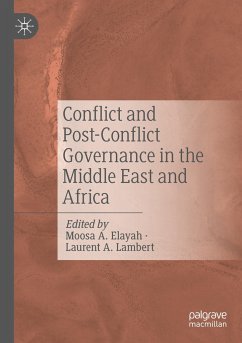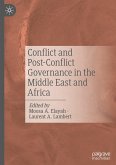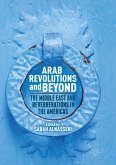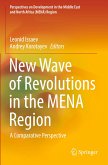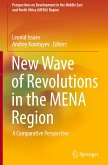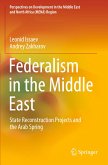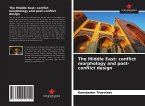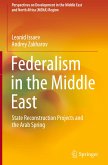This book explores the challenges of the governance and public policy in the midst and after conflicts, revolutions, and civil wars in the Middle East and Africa. As anywhere else, the task of rebuilding peace and institutionalizing stability in countries experiencing a conflict or just emerging from it is daunting, uncertain and context specific. Yet, focusing on the Middle East and Africa is of particular relevance, as these two regions feature the highest numbers of inter- and intra-state conflicts on the one hand, and the central states are more often contested than in the rest of world regions. The first half of the book proposes different cases addressing the fundamental challenge of inclusion and cohesion as well as the recurring issue of exclusion in conflict-affected situations, with four different cultural and institutional settings. The second half of the book offers more theoretical insights and proposed pathways to develop more inclusive and peaceful governance settingsin Africa, the Middle East and beyond. This edited book has been designed to be a helpful contribution to the analysis of conflict and post-conflict governance and peacebuilding. To do so, it deploys different lenses of social sciences, especially public policy and international relations, but also benefits from social psychology, political anthropology, and other disciplines that enable a more comprehensive understanding of the multifaceted, complex and dynamic issues at play.
Bitte wählen Sie Ihr Anliegen aus.
Rechnungen
Retourenschein anfordern
Bestellstatus
Storno

